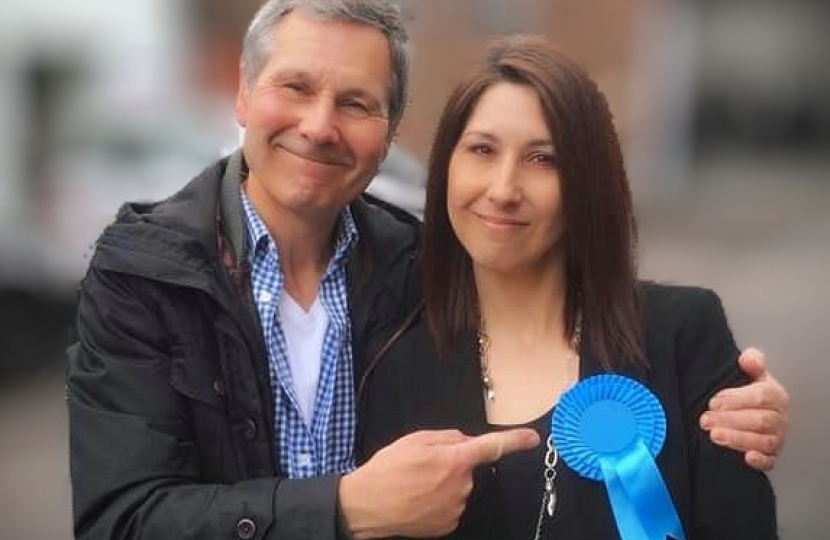
Growing up, my sister Nicola and I were the only two daughters my parents had together. After their separation, our mother remarried and had more children, while our father did not. Thus, Nicola and I were the sole products of our parents' union. Like many siblings, we shared a bond that included plenty of bickering, but we were inseparable in many ways.
As a young adult, Nicola faced a life-altering diagnosis: a condition that meant she could not have children. This condition brought further complications, and in 2003, when she was just 21, Nicola was diagnosed with an inoperable brain tumour. She was given three months to live, but being the fighter she was, Nicola defied the odds and lived for six months, passing away in February 2004.
The Quirke name, carrying so much of our family's history and Nicola's memory, became even more significant to me. Being my father's only living daughter, it was important to me to preserve and honour the Quirke name.
When I had my own children, I chose to give both of my daughters the surname Quirke, symbolizing a unity that transcended generations. When I married, I faced a dilemma: I wanted to honour my husband by taking his surname but could not imagine giving up the Quirke name.
The solution was a blend of respect and pride. I took my husband's surname to honour our new life together while retaining Quirke to respect my father's legacy and maintain the connection with my daughters and with Nicola. This decision united our family under a banner of love and remembrance, ensuring that the Quirke name continues to be a significant part of our lives.
So, you see, while some people may associate a double-barrelled name with wealth and influence, my name symbolises so much more, and it is something that I am incredibly proud of.




